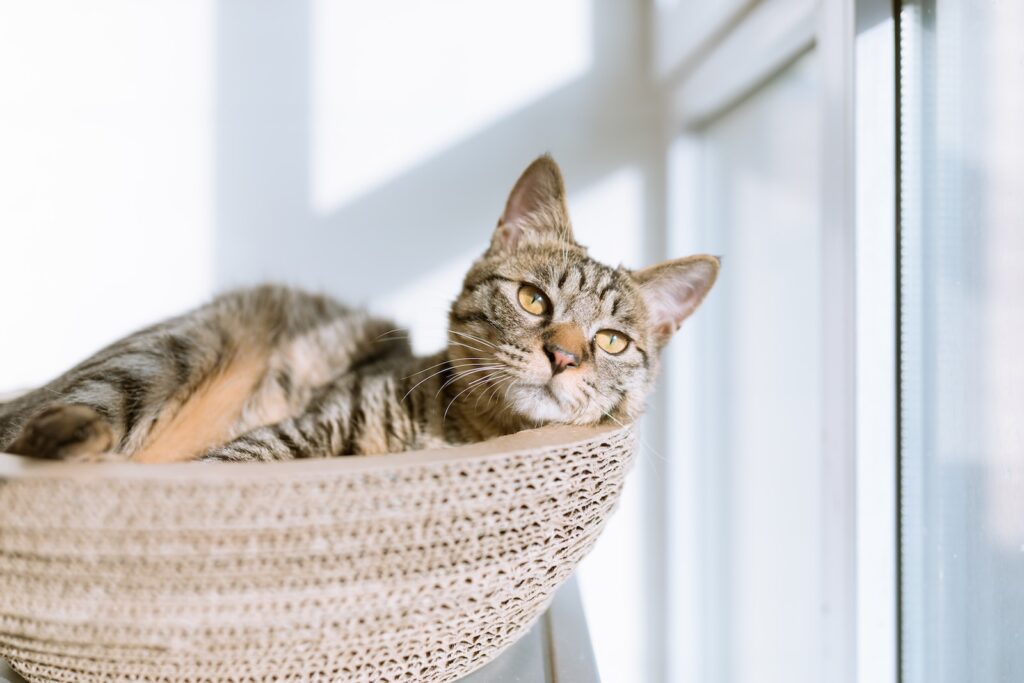Can Cats Eat Cake? — No, They Can’t
Cake is not suitable for cats and should never be included in their diet. Cats have very specific nutritional needs that differ from humans, and cake does not fulfill those requirements. While it may be tempting to share a sweet treat with your feline friend, it is important to prioritize their health and well-being.
Is It Safe for Kittens to Consume Cake?
Kittens should absolutely not consume cake. Just like adult cats, kittens have specific dietary needs that are different from humans. Their growing bodies require a balanced diet to ensure proper development, and cake does not provide the necessary nutrients.
Risks Associated with Feeding Cake to Kittens
Feeding cake to kittens can lead to various risks and health issues. Firstly, the high sugar content in cake can cause weight gain and obesity in growing kittens. This can have long-term effects on their overall health and may increase the risk of developing diabetes or other metabolic disorders.
Furthermore, the ingredients often found in cake, such as chocolate and certain flavorings, can be toxic to cats and kittens. Chocolate contains theobromine, which is harmful to cats and can lead to symptoms such as vomiting, diarrhea, rapid breathing, and even heart arrhythmias.
Why Cake is Not Recommended for Cats
The High Sugar Content
Cake is typically loaded with sugar, which is not a part of a cat’s natural diet. Cats are obligate carnivores and derive their energy primarily from proteins and fats. Excessive sugar consumption can lead to weight gain, dental problems, and potentially even diabetes in cats.
Potential Harmful Ingredients
Many cakes contain ingredients that are toxic to cats. Chocolate, in particular, is highly toxic and can cause serious health issues if ingested by cats. Other ingredients like artificial sweeteners, raisins, or alcohol can also be harmful and should be strictly avoided.
Cake lacks the essential nutrients that cats need to thrive. It is not a balanced or complete meal for cats, and feeding cake regularly can lead to nutritional deficiencies. Cats require specific amino acids, vitamins, and minerals that are found in high-quality cat food.
Known Health Issues in Cats from Consuming Cake
Consumption of cake by cats can result in various health issues. Some common problems include gastrointestinal upset, weight gain, diabetes, dental issues, organ dysfunction, and even toxicity from certain ingredients. It is crucial to prioritize a cat’s health and avoid exposing them to such risks.
What to Do If a Cat Has Consumed Cake?
- Consult a Veterinarian: If your cat has consumed cake, contact a veterinarian immediately. They can provide guidance based on the specific ingredients ingested and the cat’s individual health status.
- Observe Symptoms: Monitor your cat closely for any signs of discomfort or health issues. Keep an eye out for vomiting, diarrhea, changes in behavior, decreased appetite, or any other abnormal symptoms.
- Follow Veterinarian’s Advice: Follow the advice and instructions provided by your veterinarian. They may recommend specific treatments or procedures based on the situation.
Safe Alternatives to Cake for Cats
Instead of offering cake to your feline companion, there are several safe alternatives that can satisfy their desire for treats. Some options include:
- Plain, cooked chicken or turkey without seasoning
- Small pieces of cooked fish like salmon or tuna (without added salt or seasoning)
- Specialty cat treats specifically formulated for feline nutritional needs
Always remember to provide treats in moderation, as excessive consumption can lead to weight gain and other health issues.
Conclusion
In conclusion, it is important to refrain from feeding cake to cats or kittens. Cake is not suitable for their dietary needs and can pose various risks to their health. Opt for healthy, cat-specific treats instead to ensure their well-being and happiness. Prioritize their nutrition and consult your veterinarian for guidance on their diet.






